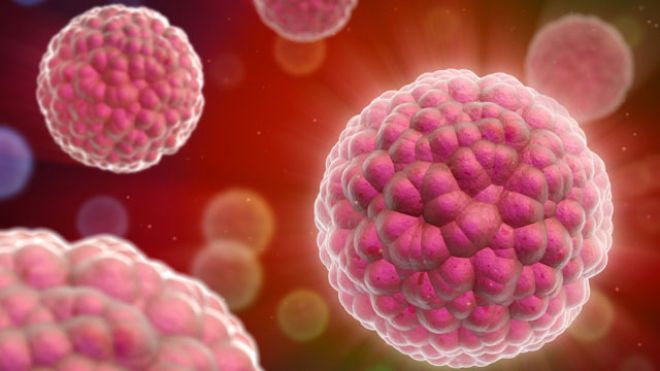They say their study, published online May 10 in Human Molecular Genetics, offers a unique and exciting strategy to treat neurodegenerative diseases that feature abnormal buildup of proteins in Parkinson’s disease, Alzheimer’s disease, amyotrophic lateral sclerosis (ALS), frontotemporal dementia, Huntington disease and Lewy body dementia, among others. "This drug, in very low doses, turns on the garbage disposal machinery inside neurons to clear toxic proteins from the cell. By clearing intracellular proteins, the drug prevents their accumulation in pathological inclusions called Lewy bodies and/or tangles, and also prevents amyloid secretion into the extracellular space between neurons, so proteins do not form toxic clumps or plaques in the brain," says the study’s senior investigator, neuroscientist Charbel E-H Moussa, MB, PhD. Moussa heads the laboratory of dementia and Parkinsonism at Georgetown. …


